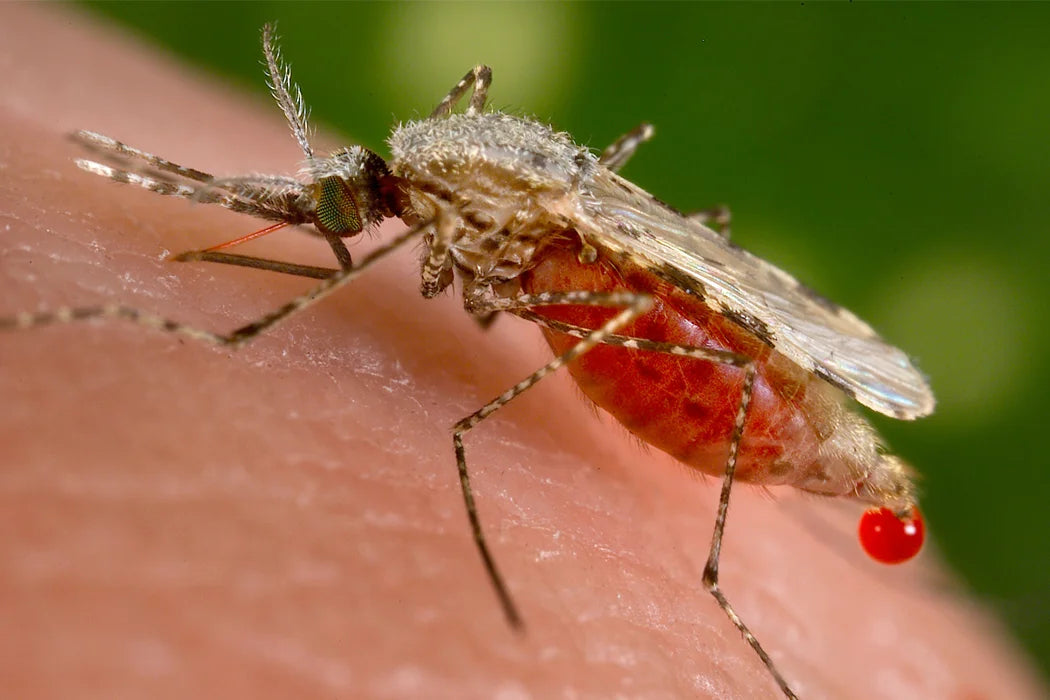Malaria, a life-threatening mosquito-borne disease, is typically associated with tropical and subtropical regions. However, recent reports have raised concerns about an increase in malaria cases within the United States, particularly in the states of Florida and Texas. This alarming trend has prompted health authorities to issue alerts and take immediate action to prevent the spread of the disease. In this blog post, we will explore the current situation, discuss the potential causes, and highlight the preventive measures individuals can take to protect themselves.
Understanding Malaria: Malaria is caused by the Plasmodium parasite and transmitted to humans through the bite of infected Anopheles mosquitoes. While the disease has been successfully eliminated in the United States for decades, it remains prevalent in many parts of the world. People who have traveled to malaria-endemic regions can contract the disease and reintroduce it in non-endemic areas if bitten by local mosquitoes.
The Emergence of Malaria Cases in Florida and Texas: In recent years, there has been a notable increase in imported malaria cases among individuals returning to the United States after traveling to countries with active transmission. Florida and Texas, with their significant international travel and large immigrant populations, have reported a concerning rise in malaria cases. The presence of local mosquito species capable of transmitting the disease adds to the risk of localized transmission.
Potential Causes: Several factors contribute to the emergence of malaria cases in Florida and Texas. The increasing global travel and movement of people have exposed individuals to the disease in endemic regions. Additionally, climate change and urbanization create favorable conditions for mosquitoes to thrive, increasing the chances of local transmission. Inadequate mosquito control measures and limited awareness about the disease among healthcare professionals and the general public also play a role in this emerging health concern.
Health Authorities' Response: Public health agencies, including the Centers for Disease Control and Prevention (CDC) and local health departments, are actively addressing the issue. They are intensifying surveillance efforts, conducting mosquito control activities, and enhancing diagnostic and treatment protocols to identify and manage malaria cases promptly. These agencies are also working to educate healthcare providers and the public about malaria prevention, recognition of symptoms, and the importance of early diagnosis and treatment.
Preventive Measures: Preventing malaria requires a multi-pronged approach. Individuals can take the following steps to protect themselves:
-
Use mosquito repellents: Apply CDC-recommended insect repellents containing DEET, picaridin, or oil of lemon eucalyptus to exposed skin.
- Spray Pesticides: Spraying pesticides with a backpack fogger around your home will help keep the mosquito population down.
-
Wear protective clothing: Cover your arms and legs with long-sleeved shirts and long pants, especially during dusk and dawn when mosquitoes are most active.
-
Use bed nets: When traveling to malaria-endemic regions or residing in areas with local transmission, sleep under insecticide-treated bed nets to prevent mosquito bites during the night.
-
Seek medical advice: If you have recently traveled to a malaria-endemic region and experience flu-like symptoms, such as fever, chills, headache, and body aches, seek medical attention promptly and inform your healthcare provider about your travel history.
-
Eliminate mosquito breeding sites: Reduce the mosquito population around your home by eliminating standing water sources where mosquitoes lay eggs, such as stagnant water in flowerpots, buckets, or birdbaths.
The rising malaria cases in Florida and Texas serve as a stark reminder that infectious diseases know no boundaries. While the situation demands attention and action from health authorities, individuals must also take responsibility for their well-being. By adopting preventive measures, raising awareness, and supporting public health initiatives, we can collectively combat the resurgence of malaria and safeguard our communities against this preventable disease.
Remember, vigilance, and prompt action are key to mitigating the risk of malaria transmission










